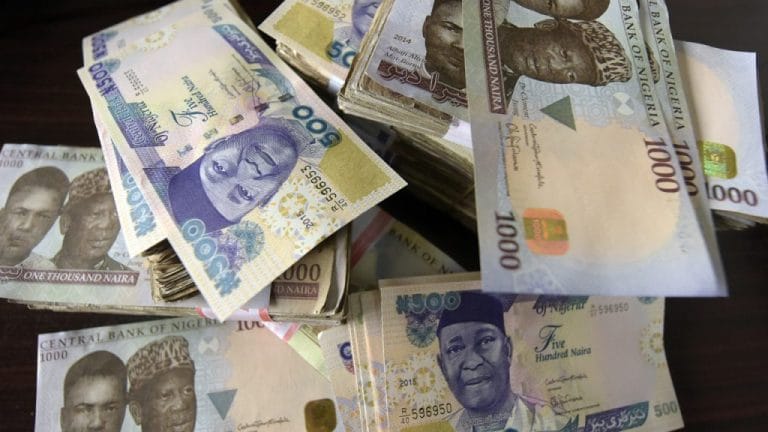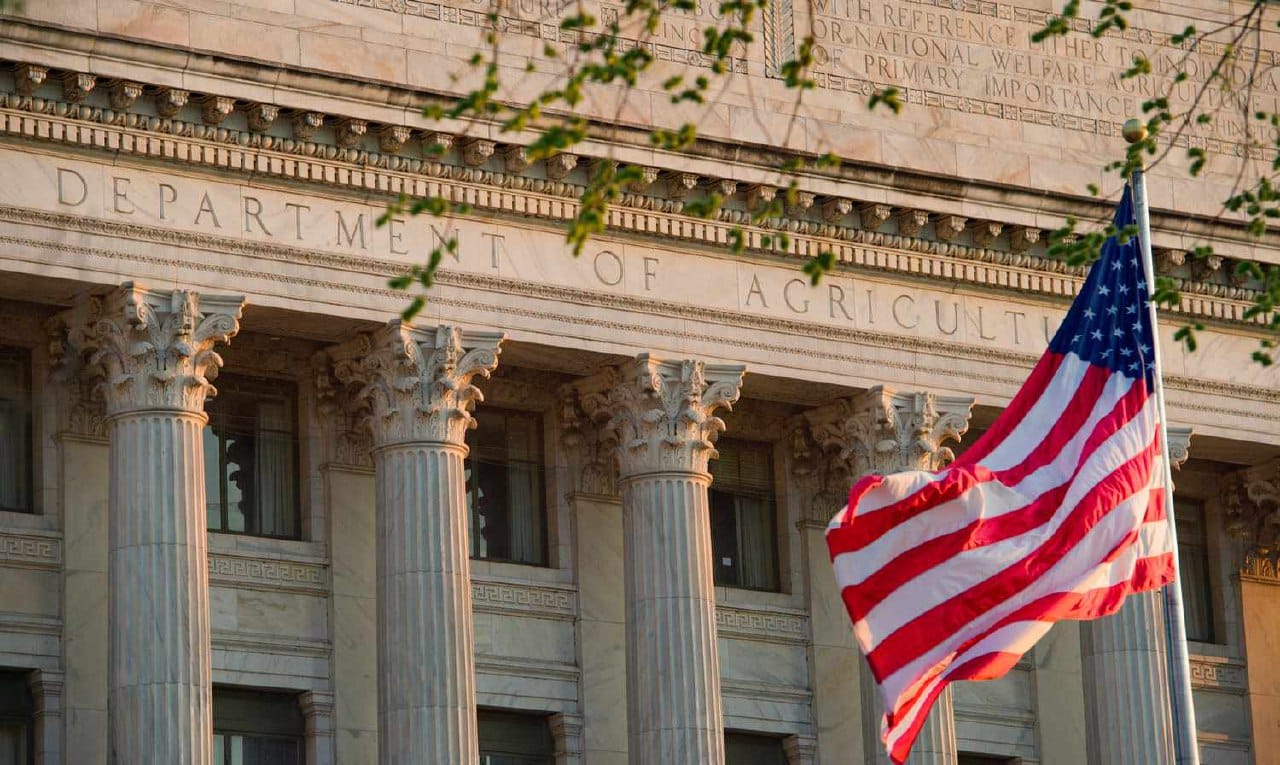By
Akinseye temitope G. H22/Mac/0119
Department of Mass Communication
The Polytechnic Ile-Ife, Osun State
The Nigerian economy faces a complex challenge as the naira experiences a continuous decline against the US dollar, intensifying existing economic vulnerabilities. In the parallel market, the naira witnessed a significant drop to N1,510 per dollar from its previous rate of N1,485 per dollar in just one day, highlighting persistent currency instability that concerns both policymakers and citizens.
President Bola Tinubu’s bold reforms, including the removal of fuel subsidies and the floating of the national currency, have sparked criticism amid economic turbulence. While some argue these measures are necessary for long-term stability, others point to their immediate negative impact, evident in rising inflation rates and currency devaluation.
Nigeria is actively in discussions with the World Bank to secure up to $1.5 billion in funding to address the severe dollar shortage, a major factor in the naira’s decline. Finance Minister Wale Edun, in a Bloomberg Television interview, expressed hope in obtaining support for critical budgetary needs, emphasizing ongoing discussions and confidence in Nigeria’s reform agenda.
Conversely, in the Nigerian Foreign Exchange Market (NAFEM), the naira displayed a modest appreciation, reaching N1,499.07 per dollar. This offers a semblance of stability but underscores the nuanced nature of currency dynamics within Nigeria’s economic landscape, shaped by market forces, government interventions, investor sentiments, and external factors.
However, Nigeria’s challenges extend beyond currency volatility, with inflation rates soaring to 26.72%, the highest in two decades. This persistent trend amplifies economic hardships for millions, particularly those vulnerable to rising prices and stagnant wages, hindering socio-economic development efforts.
In a recent interview, Samuel Odekoya, a Senior Consultant at the United Bank of Africa, shared insights on the impact of Nigeria’s dollar shortage on the banking sector and UBA’s strategies to navigate challenges. Odekoya highlighted the potential benefits of World Bank funding, emphasizing its significance in providing liquidity for critical sectors, potentially translating into increased lending and investment opportunities.
Analysts attribute the inflation surge to factors, including recent government reform policies addressing structural deficiencies. President Bola Tinubu’s administration’s bold initiatives, such as removing fuel subsidies and floating the national currency, aim for fiscal discipline and market efficiency but spark debates on efficacy and socio-economic impacts.
Critics argue that abrupt policy shifts contributed to economic turbulence, exacerbating inflationary pressures and currency instability. Concerns arise about the government’s capacity to manage transitions effectively and mitigate adverse consequences for the populace.
In response to challenges, the Central Bank lifted a ban on importing 43 essential items, aiming to ease supply chain constraints and inflationary pressures. However, this adjustment occurs within a complex economic environment with competing interests and trade-offs.
As official and parallel market exchange rates narrow, policymakers face increasing pressure to devise coherent strategies reconciling short-term imperatives with long-term economic sustainability. Nigeria’s economic recovery success hinges on implementing pragmatic policies addressing vulnerabilities while fostering inclusive growth and resilience against external shocks.
Navigating Nigeria’s economic complexities requires a holistic approach prioritizing stakeholder engagement, data-driven decision-making, and effective communication to foster public trust and policy coherence. As the nation confronts challenges, the resilience and resourcefulness of its people remain pivotal in charting a path towards economic stability and prosperity.
Discover more from DnewsInfo
Subscribe to get the latest posts sent to your email.




